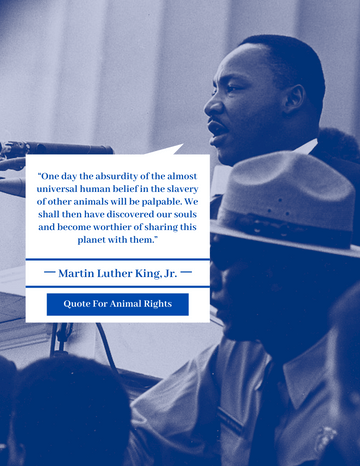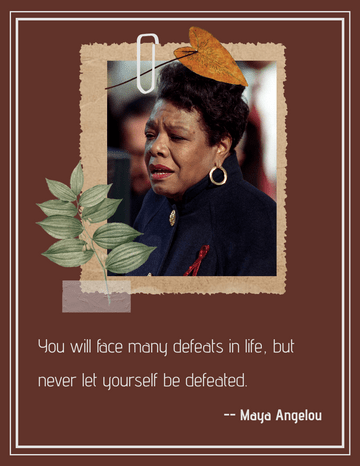"That man over there says that women need to be helped into carriages, and lifted over ditches, and to have the best place everywhere. Nobody ever helps me into carriages, or over mud-puddles, or gives me any best place! And ain't I a woman?" ―Sojourner Truth
Who is Sojourner Truth
Sojourner Truth was an American abolitionist and women's rights activist. Truth was born into slavery in Swartekill, New York, but escaped with her infant daughter to freedom in 1826. After going to court to recover her son in 1828, she became the first black woman to win such a case against a white man. She gave herself the name Sojourner Truth in 1843 after she became convinced that God had called her to leave the city and go into the countryside "testifying the hope that was in her." Her best-known speech was delivered extemporaneously, in 1851, at the Ohio Women's Rights Convention in Akron, Ohio. The speech became widely known during the Civil War by the title "Ain't I a Woman?", a variation of the original speech re-written by someone else using a stereotypical Southern dialect, whereas Sojourner Truth was from New York and grew up speaking Dutch as her first language.
Click here to read this quote book.
Sojourner Truth's Early Life
Sojourner Truth once estimated that she was born between 1797 and 1800. Truth was one of the 10 or 12 children born to James and Elizabeth Baumfree (or Bomefree). Colonel Hardenbergh bought James and Elizabeth Baumfree from slave traders and kept their family at his estate in a big hilly area called by the Dutch name Swartekill (just north of present-day Rifton), in the town of Esopus, New York, 95 miles (153 km) north of New York City. Her first language was Dutch, and she continued to speak with a Dutch accent for the rest of her life. Charles Hardenbergh inherited his father's estate and continued to enslave people as a part of that estate's property. When Charles Hardenbergh died in 1806, nine-year-old Truth (known as Belle), was sold at an auction with a flock of sheep for $100 to John Neely, near Kingston, New York. Until that time, Truth spoke only Dutch, and after learning English, she spoke it with a Dutch accent, not the stereotypical "Black slave" English. She later described Neely as cruel and harsh, relating how he beat her daily and once even with a bundle of rods. In 1808 Neely sold her for $105 to tavern keeper Martinus Schryver of Port Ewen, New York, who owned her for 18 months. Schryver then sold Truth in 1810 to John Dumont of West Park, New York. John Dumont raped her repeatedly, and considerable tension existed between Truth and Dumont's wife, Elizabeth Waring Dumont, who harassed her and made her life more difficult.




















































